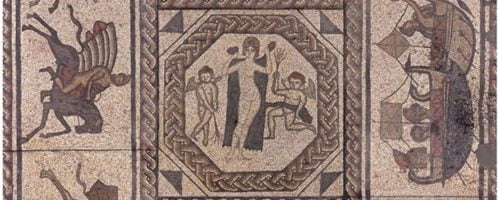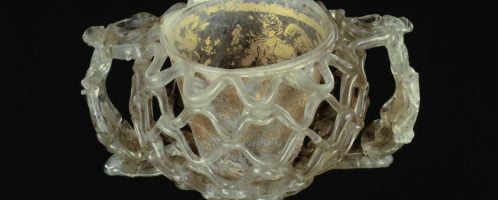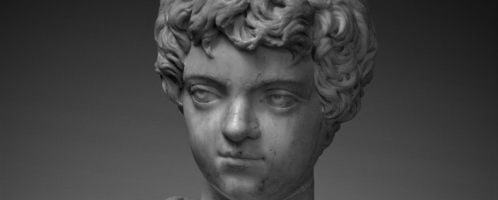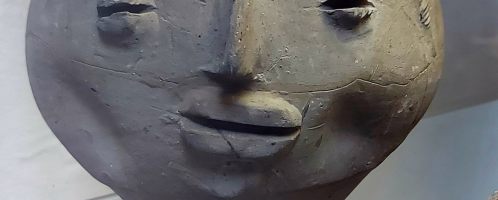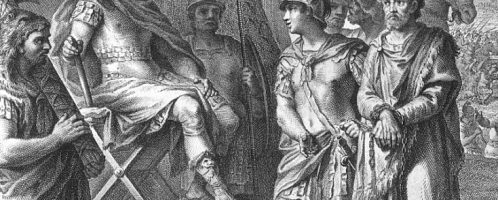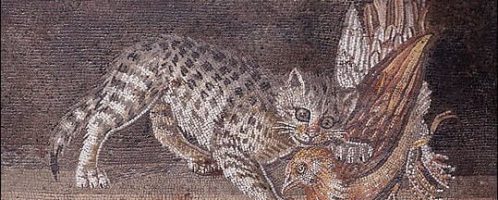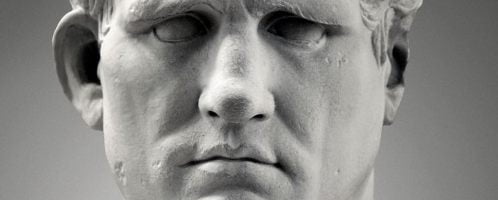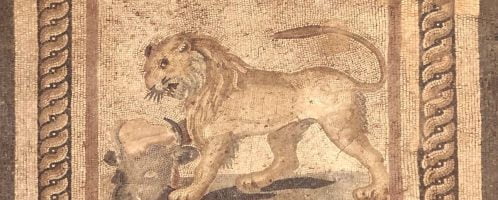If you have found a spelling error, please, notify us by selecting that text and pressing Ctrl+Enter.
Curiosities of ancient Rome
The world of ancient Romans abounded in a number of amazing curiosities and information. The source of knowledge about the life of the Romans are mainly works left to us by ancient writers or discoveries. The Romans left behind a lot of strange information and facts that are sometimes hard to believe.
Quintus Fabius “the Delayer”
In 217 BCE, after a series of legion defeats in the Second Punic War, Fabius Maximus was entrusted with the Roman dictator. He decided to avoid an open clash with Hannibal’s army, waging a war of exhaustion with the Carthaginians.
Unique Roman wine cup
Unique Roman wine cup made of glass and gold. The object was found in Cologne, Germany in 1864. Artifact dated to the 2nd-4th century CE; it is currently in the Corning Museum of Glass in the USA.
Roman sculpture showing young Caracalla
Roman sculpture showing a young boy. The object is dated to the end of the 2nd century CE. He is probably a young Caracalla, son of Septimius Severus and future emperor in the years 211-217 CE. The object is located in the Hermitage in Saint Petersburg (Russia).
Very interesting Roman vessel in shape of human face
Very interesting Roman vessel in the shape of a human face. The object was found in the area of the former Roman settlement of Nida (the present district of Frankfurt am Main – Heddernheim, in western Germany). Artifact dated to the 2nd century CE.
Who was Jugurtha?
Jugurtha, grandson of Masynissa (an ally of Rome from the Second Punic War ) was king of Numidia from 118 BCE His ambition allowed him to defeat two rivals for the throne of the state, divided by Micipsa. Seeking the unification of the state, however, Jugurtha fell into a conflict with Rome, which led to the so-called Jugurthian War, which was fought in 111-105 BCE.
After cat’s death, despair was given
The cat in ancient Egypt was an extremely respected animal. According to the Greek historian Herodotus, the Egyptians, as a sign of mourning after the death of their cat, mourned and shaved their eyebrows.
Marcus Agrippa – example of breech birth
Breech birth (a child is born with legs and buttocks facing the birth canal) has been considered dangerous since ancient times. Pliny the Elder defines those born in this way as agrippae, meaning “born with difficulty”.

